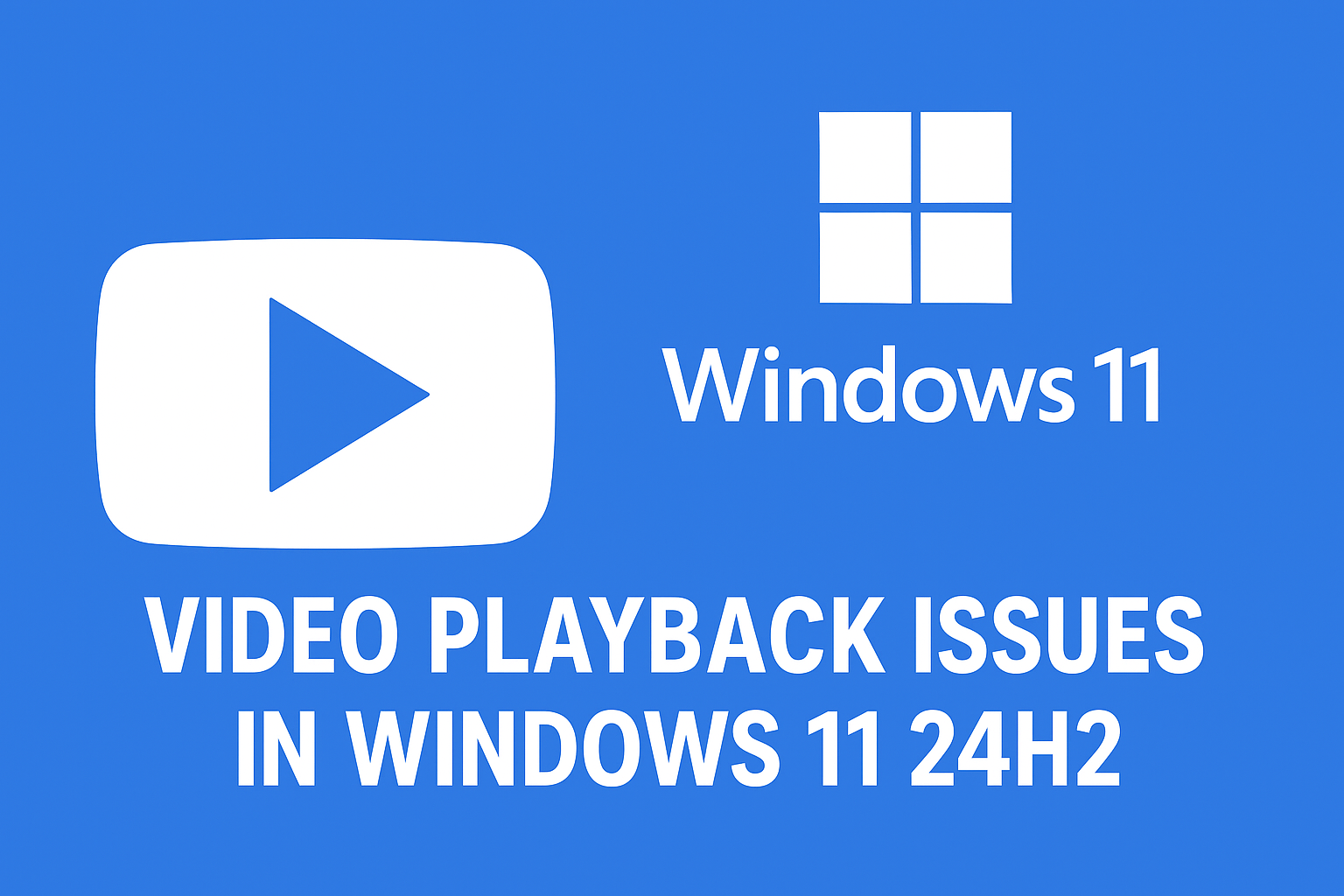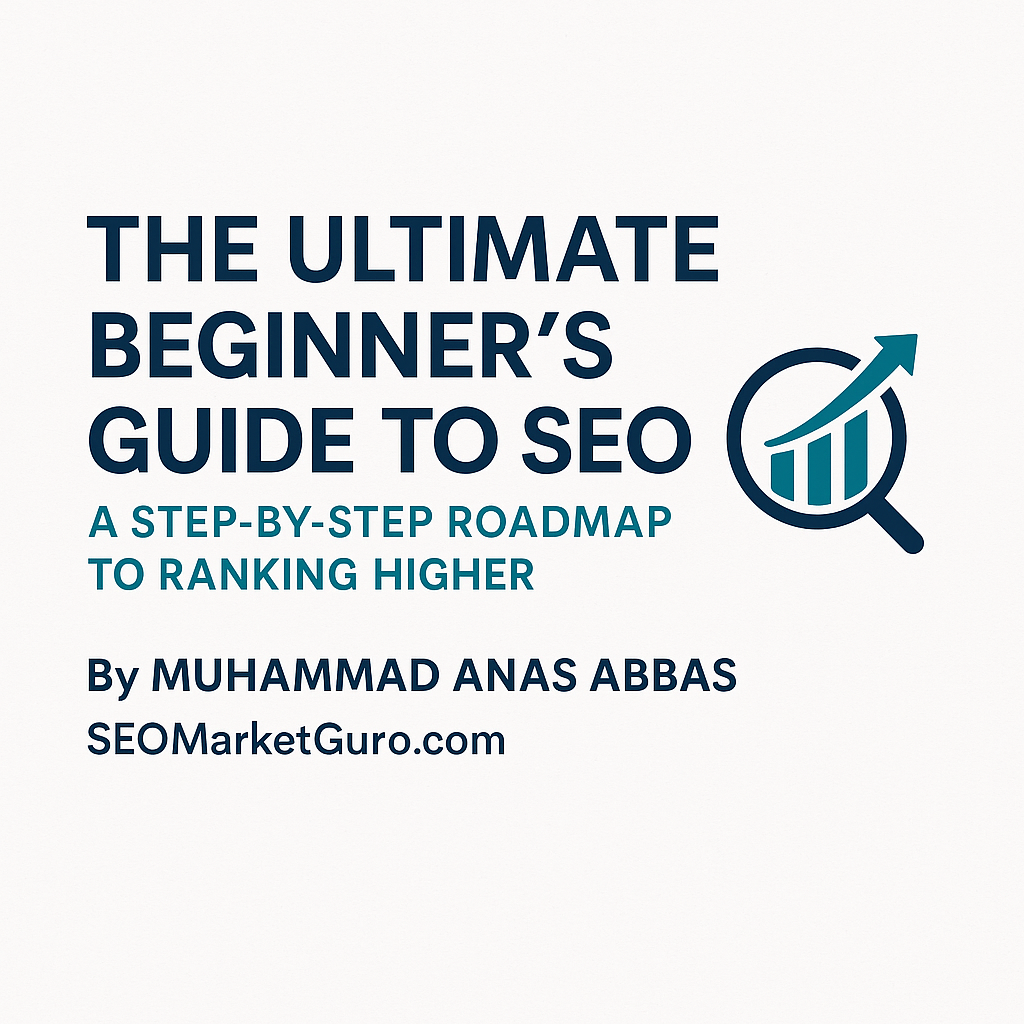
SEO Beginners Guide
By Muhammad Anas Abbas | SEOMarketGuro.com
Introduction: Why SEO Matters More Than Ever
Imagine this: You’ve built an amazing website, filled with valuable content, but no one can find it. Frustrating, right? That’s where Search Engine Optimization (SEO) comes in.
SEO isn’t just some technical jargon—it’s the key to unlocking free, organic traffic from search engines like Google. Whether you’re a blogger, small business owner, or marketer, mastering SEO means more visibility, more visitors, and more growth.
In this guide, I’ll break down SEO into simple, actionable steps—no confusing tech-speak, just real strategies that work. Let’s dive in!
1. SEO Basics: What You Absolutely Need to Know
SEO is like a puzzle with three main pieces:
🔹 On-Page SEO (Optimizing Your Website’s Content)
This is all about making your website search-engine friendly and user-friendly. Think of it as setting up a shop—if it’s messy, people won’t stay.
✅ What to focus on:
- Keyword Research (Finding what people actually search for)
- Title Tags & Meta Descriptions (Your website’s “ad” in Google)
- High-Quality Content (Useful, engaging, and original)
- Internal Linking (Helps visitors and Google navigate your site)
🔹 Off-Page SEO (Building Your Website’s Reputation)
This is about earning trust from other websites. The more high-quality sites link to you, the more Google trusts you.
✅ What to focus on:
- Backlinks (Getting links from authority sites)
- Social Media Shares (More shares = more visibility)
- Guest Blogging (Writing for other sites to gain exposure)
🔹 Technical SEO (Making Sure Google Can Read Your Site)
If your website is slow, broken, or hard to navigate, Google won’t rank it well—no matter how great your content is.
✅ What to focus on:
- Site Speed (Slow sites = higher bounce rates)
- Mobile-Friendly Design (Over 60% of searches happen on mobile!)
- Secure Website (HTTPS) (Google loves secure sites)
2. Keyword Research: Finding the Right Words to Target
Keywords are the foundation of SEO. If you target the wrong ones, you’ll waste time. Here’s how to find the best keywords:
Step 1: Brainstorm Topics
Ask yourself:
- What problems does my audience have?
- What questions are they typing into Google?
Example: If you run a fitness blog, people might search:
- “How to lose weight fast”
- “Best home workouts for beginners”
Step 2: Use Free & Paid Tools
- Google Keyword Planner (Free, great for beginners)
- Ubersuggest (Affordable with useful data)
- Ahrefs / SEMrush (Advanced, but powerful)
Step 3: Pick the Right Keywords
- Low Competition, High Search Volume (Easier to rank)
- Long-Tail Keywords (Example: “Best running shoes for flat feet” instead of just “running shoes”)
3. On-Page SEO: How to Optimize Your Content for Google & Users
✔️ Write for Humans First, Google Second
Google’s algorithm is smart—it knows when content is genuinely helpful vs. just stuffed with keywords.
Do this:
- Write naturally, like you’re explaining to a friend.
- Use short paragraphs, bullet points, and subheadings for readability.
✔️ Optimize Your Title & Meta Description
Your title tag is like a book title—it should grab attention.
Your meta description is like a mini-ad—it should make people click.
Example:
🚫 Bad: “SEO Tips”
✅ Good: “10 Easy SEO Tips to Rank #1 on Google (2024 Guide)”
✔️ Use Internal Links Wisely
Linking to other pages on your site keeps visitors engaged and helps Google understand your content better.
4. Off-Page SEO: How to Get High-Quality Backlinks
Backlinks are like votes of confidence from other websites. The more authority sites link to you, the higher you rank.
🔗 3 Easy Ways to Get Backlinks
- Guest Blogging – Write for other blogs in your niche (with a link back to your site).
- Broken Link Building – Find broken links on other sites and suggest your content as a replacement.
- Create Share-Worthy Content – Infographics, guides, and studies naturally attract links.
5. Technical SEO: The Behind-the-Scenes Work
⚡ Speed Up Your Website
- Use Google PageSpeed Insights to check performance.
- Compress images with TinyPNG.
📱 Make Sure Your Site is Mobile-Friendly
- Test with Google’s Mobile-Friendly Test.
🔒 Switch to HTTPS (Secure Your Site)
- Google ranks secure sites higher.
6. Tracking Your SEO Success
You can’t improve what you don’t measure. Use these free tools:
- Google Analytics (Track traffic & user behavior)
- Google Search Console (See clicks, impressions, and errors)
Final Thoughts: SEO is a Marathon, Not a SprintSEO won’t make you rank #1 overnight—but with consistent effort, you’ll see real growth. Start small, track progress, and keep learning.
For more actionable SEO tips, visit SEOMarketGuro.com by Muhammad Anas Abbas.
Author: Muhammad Anas Abbas
Website: SEOMarketGuro.com
Follow for more SEO & digital marketing insights! 🚀
What’s your biggest SEO struggle right now? Let me know in the comments—I’d love to help! 😊





















Post Comment